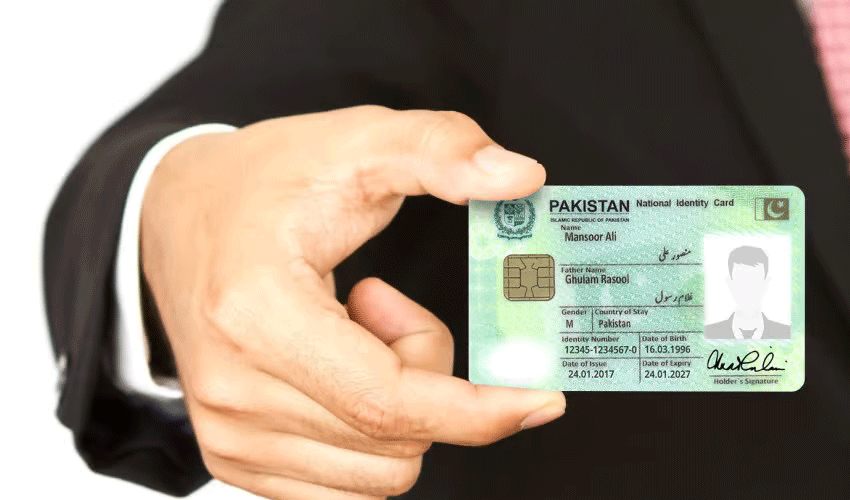WhatsApp — the world’s most popular messaging application — has become a prime target for hackers despite being considered one of the most secure platforms for calls, messaging, and data transfers.
Experts emphasize that user negligence often leads to social engineering attacks, making it vital for users to adopt stringent security measures.
Experts advise users to create WhatsApp accounts only on mobile numbers registered in their own names and to secure their devices with fingerprint locks or strong passwords. Additionally, they caution against sharing sensitive information like OTPs with anyone and warn users not to leave WhatsApp links open on other devices.
Mudassar Hussain, a former official of the Ministry of Telecom and IT, highlighted the importance of keeping phone software updated and enabling multi-factor authentication. "Passwords should include two-factor or even three-factor authentication. Biometrics can also be used to ensure account security," he said.
Officials from the Pakistan Telecommunication Authority (PTA) also advised users on steps to take if their accounts are compromised.
Dr. Mukarram Khan, DG Cyber Vigilance at PTA, explained: "If you fall victim to social engineering, file a complaint with the PTA or report the incident to Meta. After some time, the compromised account will be blocked. You can then reinstall WhatsApp on your device. Although the OTP might not work immediately, it usually becomes accessible after a few attempts or a wait of 4–5 hours."
IT experts warn that WhatsApp contains extensive user data, including personal photos, videos, and even financial information such as banking details, making it an attractive target for hackers. By following these precautionary measures, users can safeguard themselves from potential breaches.



























